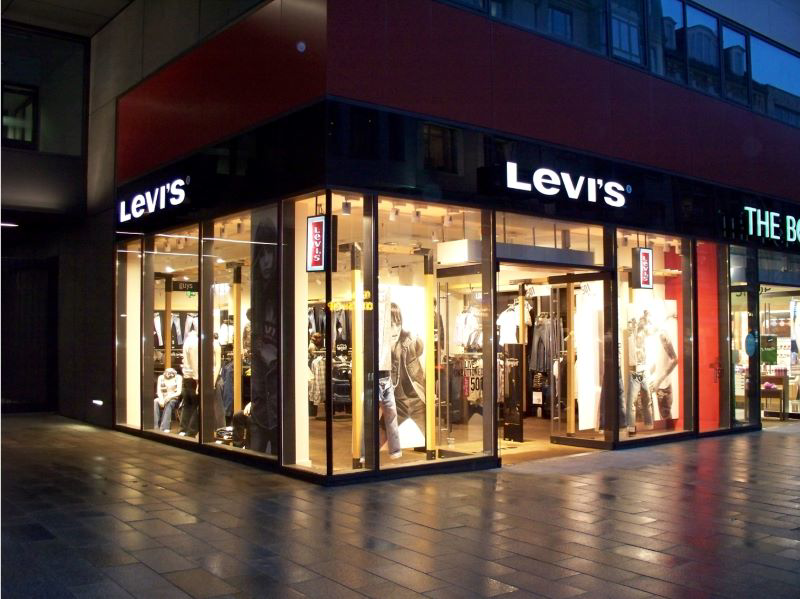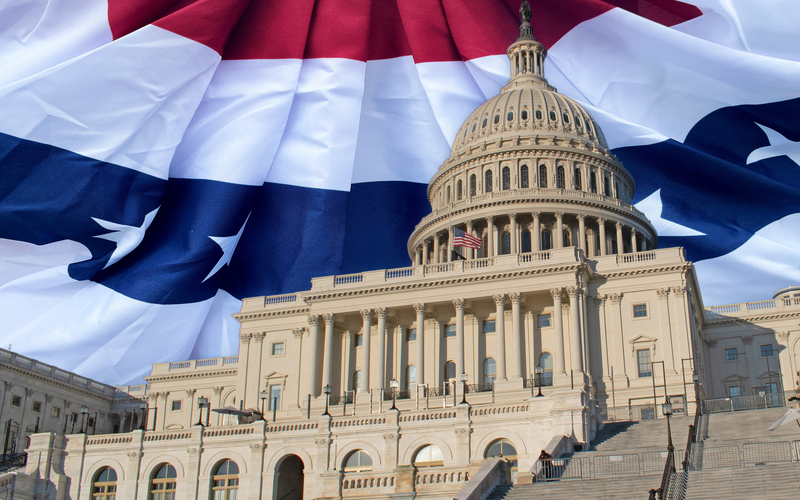Clarence Thomas: The Wrong Kind of Black Man
Sign up for a six month free
trial of The Stand Magazine!
In reflecting on the recent United States Supreme Court decision on the constitutionality of affirmative action in the case Department of Education v. Brown and, more specifically, the subsequent, though not at all surprising, incendiary treatment by liberals, particularly black liberals, of Clarence Thomas, I’m reminded that Thomas, despite having overcome no small amount of obstacles in his life, both professionally and personally, on his way to becoming a Supreme Court justice is, in their collective eyes, not the right kind of black man.
Though six of nine Supreme Court justices voted in favor of overturning affirmative action, it was only Justice Thomas who was the target of their vitriolic animus. One example of that kind of selective contempt is Joy Reid, host of the MSNBC program The ReidOut who, in a June 30, 2023, article for The Huffington Post, said of Thomas, “And he wants to make sure that nobody like him ever gets that kind of help again because it helps his self-image so that he can lie to himself, and fool himself and maybe hate himself a little less for having gotten help all along his path to the Supreme Court.”
Now, I’m no mathematician, nor did I stay at a Holiday Inn Express last night. Still, I’m fairly certain that had Justice Thomas voted with the minority in Department of Education v. Brown, the outcome would have nonetheless been the same. The only difference is the decision would have been 5-4 instead of 6-3. So why disparage him, as opposed to any of the other five justices who voted in the majority with him, as if to suggest that if only Thomas had voted differently, affirmative action would have remained intact?
The irony that black liberals like Joy Reid do not view Clarence Thomas, a man who knows, perhaps better than she, what real injustice and oppression are like in daily life, as being the right kind of black man is that, historically, black liberalism has been grounded in the oppression and suffrage of black people in America. And yet despite Justice Thomas’ own life experiences, he remains a pariah within black liberal circles. That’s because within those circles there are two kinds of ‘black’: ethnically black and ideologically black.
During the Black Power era of the 1960s and 1970s being ethnically black, which is to say, being inherently and, consequently, immutably black from birth, would have sufficed to be considered authentically black within the so-called “black community.”
But not anymore.
Today, to be black is as much a social construct as a biological one (if not more so). In order to be regarded and accepted as authentically black, a black person must check off both of the aforementioned boxes – ethnically and ideologically. In other words, being black is not merely a matter of melanin (how you look) but also of mindset (how you think). And within black liberalism, which is largely a hybrid social, economic, and political philosophy, there is only one way to understand the world, and that one way is most certainly not the way Clarence Thomas comprehends it.
In the book Supreme Discomfort: The Divided Soul of Clarence Thomas, Thomas declares, “Life is not worth living without principles. . . . It’s not worth living without a backbone. If you don’t have a backbone you slither. You don’t walk upright.” For what it’s worth, I concur with Thomas. But when I consider his words against the backdrop of what many black liberals think of him, I can’t help being reminded that black liberalism, as a worldview, would rather black people perpetually wallow in the challenges they face in life than persevere to overcome them.
Black liberalism is a philosophy of perpetual grievance.
It is a worldview in which there are only problems for black people, never solutions. That is why Clarence Thomas is so vilified by many black liberals. While not ignorant of the fact that America has not always treated black people equally, he never used that reality as an excuse. As Thomas said in his memoir My Grandfather’s Son, “As much as I hated the injustices perpetrated against blacks in America, I couldn’t bring myself to hate my own country, then or later.”
I’m personally convinced that at the heart of many black liberals’ disdain for Clarence Thomas is his refusal to harbor any hatred of America in his heart. That is what truly bothers black liberals about him. It bothers them that Thomas, unlike Justice Ketanji Brown Jackson, whom black liberals adore for her skin color and gender, and who was one of the three justices that voted in favor of affirmative action, refuses to use his role as a Supreme Court justice as a way to mete out revenge on the nation which, despite its history of injurious maltreatment of black people, had afforded him, against all conceivable odds, the unique opportunity to serve in such an esteemed role.
To many black liberals, Clarence Thomas is not black at all. In fact, he is worse than even the white supremacists that made his life, and that of his ancestors, a living hell for so many generations in America.
Tekai and Thompson are examples that unless you think black, it doesn’t matter at all that you look black.
Thomas is the wrong kind of black man because he is conservative. That is his only crime. And for that crime, he must surrender his identity as a black man to the myopic ideological tribalists who deem it anathema for any black person to see the world differently than they do.
And they have the temerity to call themselves liberals.
What utter hypocrites they are.
(Editor's Note: This blog was posted first on Darrell Harrison's blog site HERE.)

Sign up for a free six-month trial of
The Stand Magazine!
Sign up for free to receive notable blogs delivered to your email weekly.



















